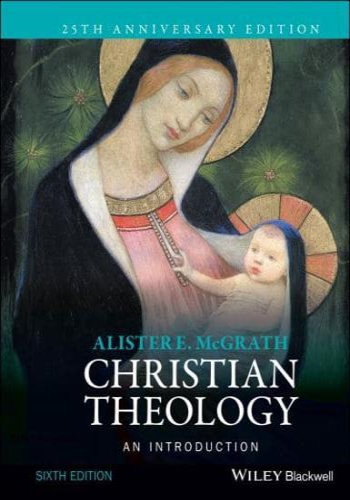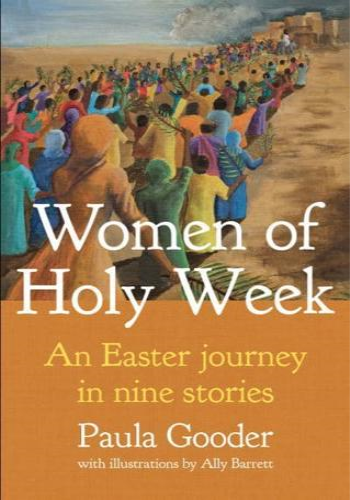CHRISTIAN THEOLOGY
"The genius of Alister E. McGrath is his remarkable ability to write in a clear, concise, and lucid manner that draws both teachers and students to participate with the great thinkers of the Christian tradition, past and present. Education and illumination are the abundant fruits of this massive, well-organized text, which is sure to appeal to a wide range of Protestant, Catholic, and Orthodox audiences. For this we are indebted to the author."
Dennis Ngien, Professor of Systematic Theology, Tyndale University College and Seminary, Toronto, Canada
"For sheer comprehensiveness, clarity, and coherence, Alister McGrath has produced the definitive textbook. Always accurate and engaging, students are gently introduced to the gift of Theology in a memorable way."
Ian S. Markham, Dean and President of Virginia Theological Seminary
Praise for the fifth edition
"Alister McGrath has proven himself a master at engagingly and simply introducing Christian theology in all of its contested complexity. All who work at the critical appropriation of the theological tradition stand in debt to McGrath."
M. Douglas Meeks, Cal Turner Chancellor Professor of Theology and Wesleyan Studies, Vanderbilt University Divinity School
Now celebrating its 25th year of publication, Christian Theology is one of the most internationally acclaimed textbooks in this area today. Completely rewritten for the sixth edition, it remains the ideal introduction to the beliefs and interpretation of Christianity. It is specifically designed for students with no prior knowledge, presenting the primary themes and debates of Christian theology with clarity and historical context.
This new edition retains all the elements that have made it so successful while also including significant additions and developments. There is an increased discussion of contemporary theology to complement the excellent coverage of historical material. Important new information has also been added, in areas such as the Holy Spirit, contemporary non-Western theologies, and feminist voices in Christian theology. The text is rich in pedagogy to encourage student learning, featuring a two colour design, glossary, end-of-chapter discussion questions, and much more. Written by renowned theologian Alister E. McGrath, this classic text is a clear, lively and concise introduction that provides instructors with the tools they need to engage with their students on Christian theology.







